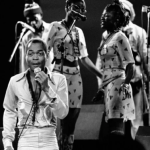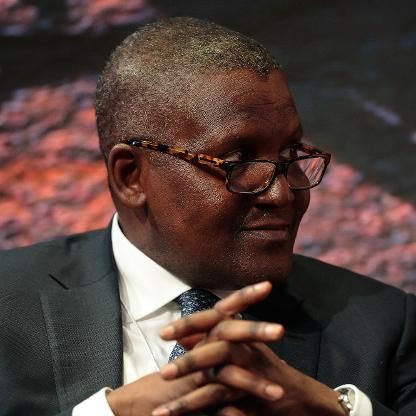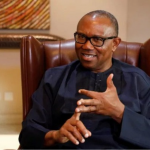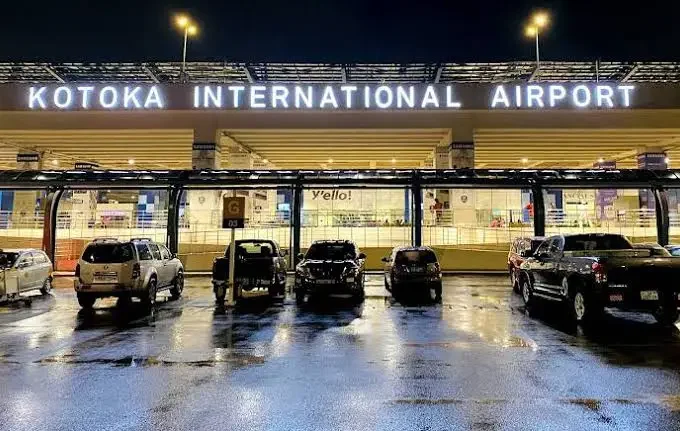
Aliko Dangote has retained his spot as Africa’s richest person with a net worth of $13.9 billion according to the 2024 Forbes list. The list noted a slight rebound in fortunes for Africa’s wealthiest in the past year, as the 20 billionaires on the 2024 Forbes list of Africa’s Richest reached a combined worth of $82.4 billion, up $900 million from last year’s $81.5 billion.
“After taking Otedola’s comeback into account, Africa’s billionaires dipped slightly, but still fared better than the decline of four per cent last year, when African markets faded in sync with equity values around the world. This year, African equities joined a late-year global rally, with the S&P All Africa index rising 10 per cent in the final two months of 2023 but still ended down more than 9% in the 12 months through January 8, 2024.”
Following Dangote was Johann Rupert from South Africa ($10.1B), followed by his compatriot Nicky Oppenheimer ($9.4B), Egypt’s Nassef Sawiris ($8.7B), Nigeria’s Mike Adenuga ($6.9B), and his compatriot Abdulsamad Rabiu ($5.9B).
South Africa secured six spots, Egypt five, and Nigeria four. Morocco had 2 billionaires followed by Algeria, Tanzania, and Zimbabwe with one billionaire each.
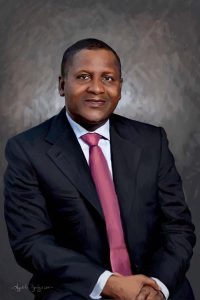
Forbes stated that Africa “remains one of the world’s toughest places to build and hold onto – a billion-dollar fortune, as global investors remain leery of its stock exchanges, businesses struggle against strained economies, poor infrastructure and volatile exchange rates, while changing political winds can make, boost or bust private fortunes”.
Quoting Charles Robertson, head of macro strategy at asset manager FIM Partners, the Forbes report stated that African entrepreneurs often face limited access to capital and populations with little disposable income to invest in new companies or the stock market.
A turbulent 2023 also made African equities less attractive for foreign investors.
“You’ve got two negatives for investors. Weakening domestic [currencies], which is pushing up inflation, and tax rises, which is hurting the companies they’re investing in,” says Robertson. […] That environment favours entrenched family fortunes or those with close ties to government that continue to dominate the ranks of Africa’s richest.”
Read more: Peter Obi Talks Tough on Increase in Kidnapping Despite High Budget on Security
About The Author
Related Articles
Ghana to Rename Kotoka International Airport
Ghana’s government is preparing to rename the country’s main international gateway, Kotoka...
ByWest Africa WeeklyFebruary 4, 2026Russia Congratulates Ibrahim Traoré on Assuming AES Presidency
Russia has congratulated Burkina Faso’s President, Captain Ibrahim Traoré, on his assumption...
ByWest Africa WeeklyFebruary 4, 2026AES Condemns Niamey Airport Attack, Warns of Coordinated Destabilisation
The Alliance of Sahel States has strongly condemned the armed attack on...
ByWest Africa WeeklyFebruary 2, 2026Mali Cedes Strategic Land to Guinea to Deepen Trade Cooperation
Mali has approved the transfer of a strategic parcel of land to...
ByWest Africa WeeklyFebruary 2, 2026



